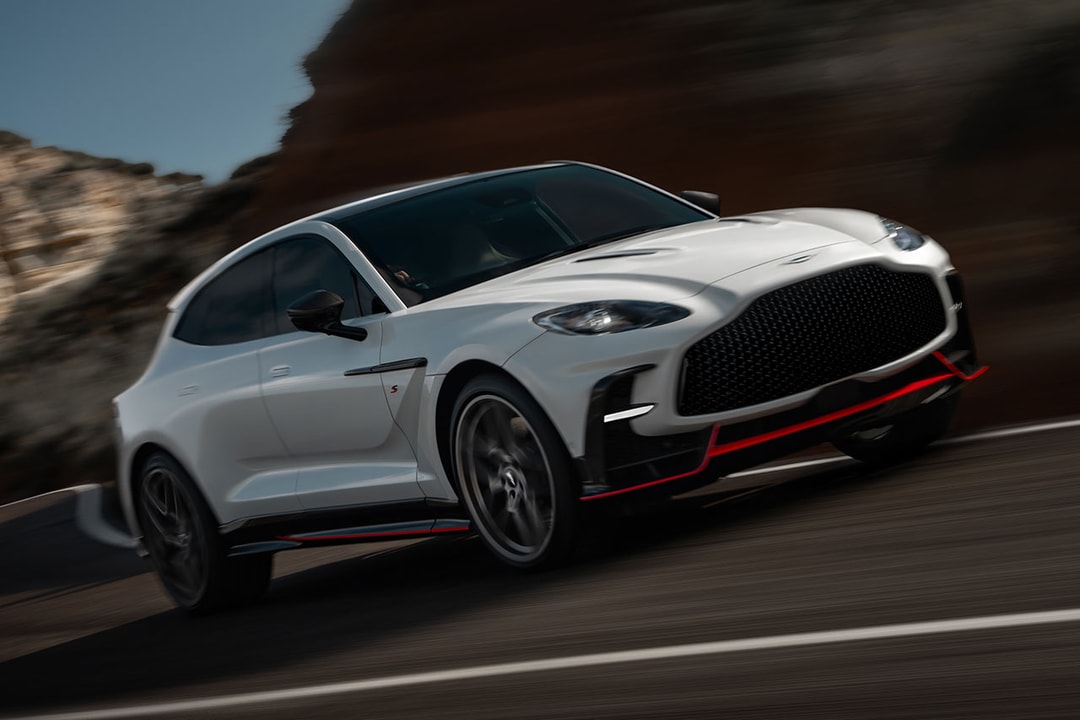South Africa Plans New Incentives for Automakers Amid U.S. Tariffs

By Nqobile Dludla
JOHANNESBURG (Reuters) - In a strategic response to the potential fallout from U.S. President Donald Trump's imposition of tariffs on imported vehicles, South Africa is actively contemplating the introduction of additional incentives aimed at bolstering its automotive sector. This announcement was made by Trade, Industry and Competition Minister Parks Tau during an interview on Thursday with radio broadcaster Power FM.
"What we're currently considering is the possibility of expanding the automotive industry production plan so that we're able to mitigate the impact in our industry," Tau stated. His comments underline the government's proactive approach to cushioning the automotive sector against pressures arising from international trade policies.
Minister Tau further elaborated, stating, "We're currently modelling what the potential package could be for the auto sector, but also for other sectors so that we can do it within the means of the country to buffer the impact." This suggests that South Africa is looking not just at the automotive industry, but at the broader economic landscape, aiming to create a comprehensive plan that would support various sectors that could be influenced by these tariffs.
The Automotive Production and Development Programme (APDP) currently serves as a vital framework within which the South African automotive industry operates. This programme provides a range of incentives designed to stimulate investment, enhance innovation, and foster job creation within the automotive sector. Specifically, it offers various rebates and refunds on customs duties, and manufacturers are rewarded with incentives that correlate with their production volumes, thereby encouraging higher output.
However, the National Association of Automobile Manufacturers of South Africa (NAAMSA) has voiced significant concerns regarding the 25% import tariff on vehicles imposed by the U.S. They argue that such tariffs cannot be absorbed by local manufacturers without dire consequences. This, they claim, will inevitably lead to increased costs for U.S. consumers and a diminished selection of South African-produced vehicle brands in American markets.
It is noteworthy that the U.S. represents the third-largest market for South African automotive exports. In 2024, approximately 35 billion rand (equivalent to $1.8 billion) worth of vehicles were exported to the U.S., making up about 6.5% of the countrys total vehicle exports. This highlights the significant economic relationship between the two nations, particularly in the automotive sector.
Manufacturers with operations in South Africa, including major players such as BMW, Ford, Isuzu, Mercedes-Benz, Nissan, and Toyota, are poised to face severe repercussions from these tariffs. These companies produce vehicles not only for domestic consumption but also for international markets, with a substantial portion directed towards fulfilling demand in the U.S., making them especially vulnerable to tariff-driven price increases.
As the South African government explores potential incentives and support measures, stakeholders in the automotive industry are keenly awaiting further details that could shape the future of car manufacturing in the region. The question remains: will these measures be enough to offset the challenges posed by international trade policies?
($1 = 19.3878 rand)
(Reporting by Nqobile Dludla; Editing by Mark Potter)



















